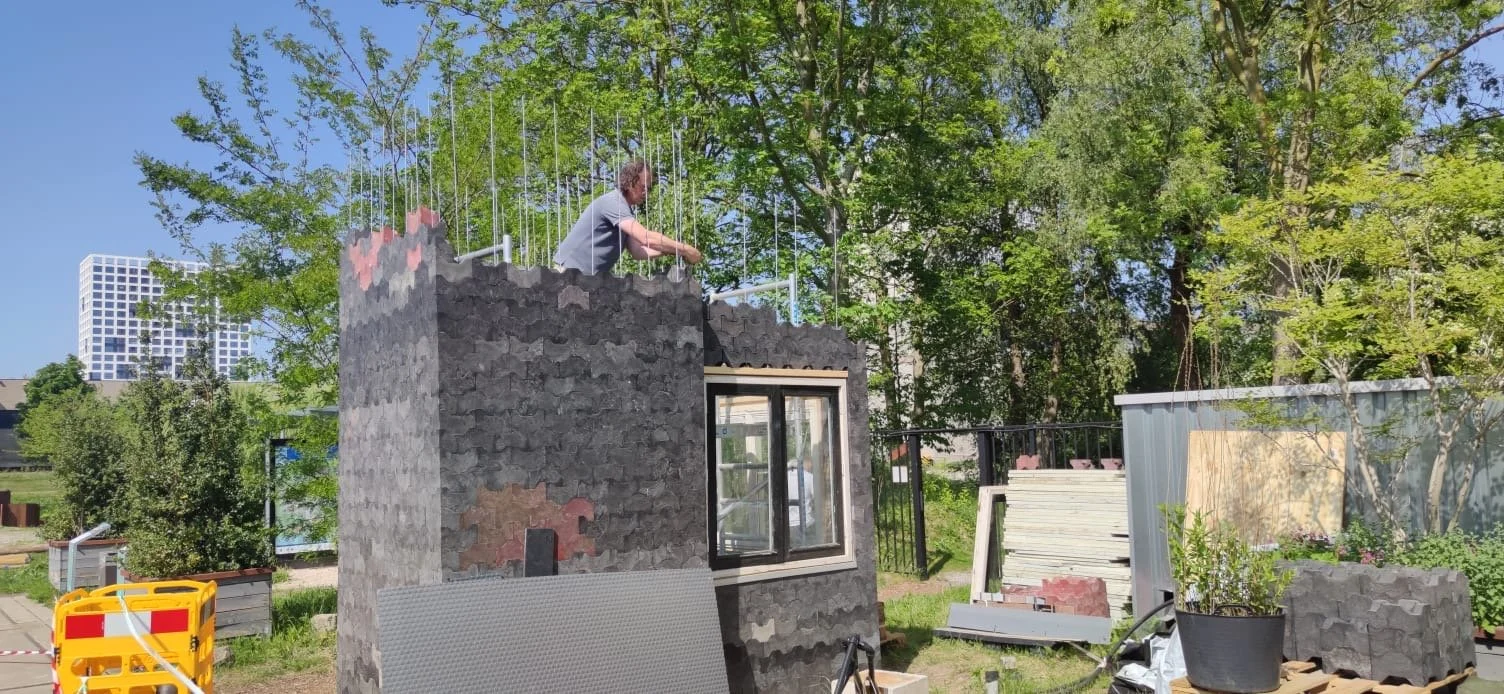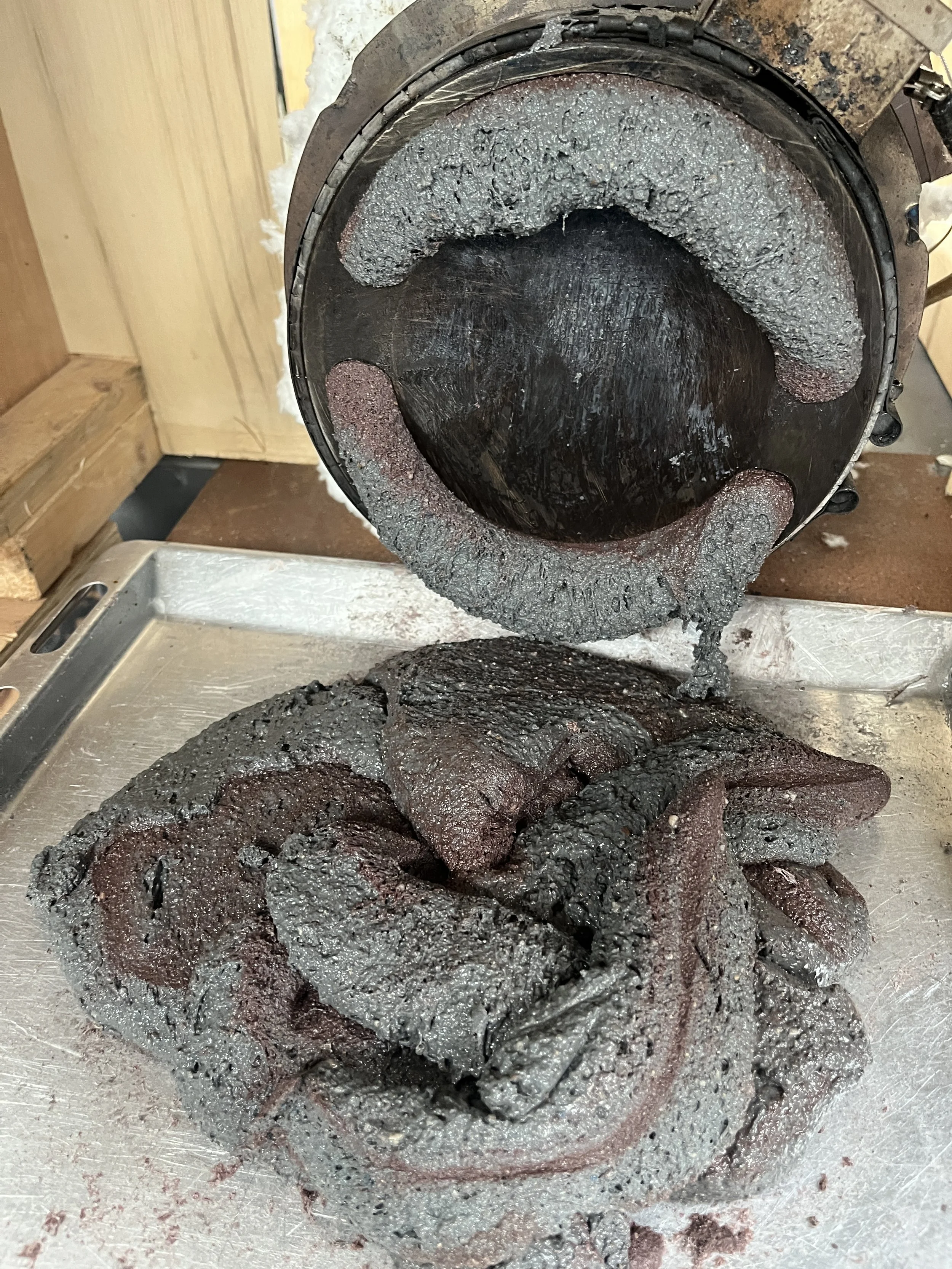
Affordable buildings with local plastic
A home for everything
We are on a mission, making affordable homes within reach of everyone and diminishing and reusing plastic waste that now ends up in environment.
We designed this innovative interlocking building block composed of plastic waste.
Multi-purpose brick
Unibrick is a multi-purpose building block, suitable for construction and interior design.
Unique shape
Because of it interlocking design it is solid, and easy to build with construction material for buildings, homes, schools etc., interior solutions
Recycled material
Because of its composition, recycled plastic and sand, it is a sustainable, circular, strong and affordable product.
Products & services we offer
-
Solid, cost-effective building blocks, designed for easy construction
-
Designs for constructions with Unibricks, like homes, schools, shops, basically anything you need.
-
production process of Unibricks
designing for the use of Unibricks
building with Unibricks

“The world needs to build 96,000 new affordable homes every day to house the estimated 3 billion people who will need access to adequate housing by 2030”
— UN Habitat
Contact
If you would like to use Unibricks for your constructions, or if you have an interesting idea for another purpose, please feel free to contact us.
Our design team will be more than happy to explore the possibilities with you.



